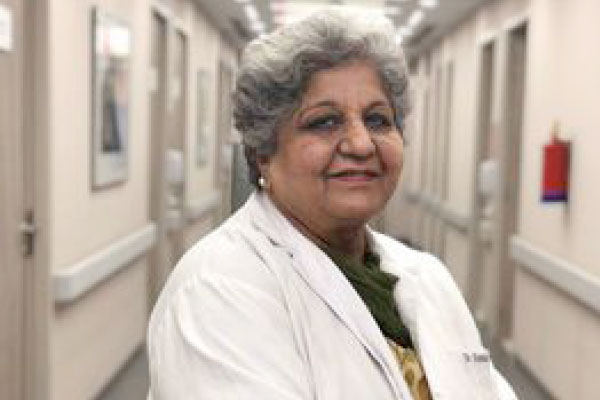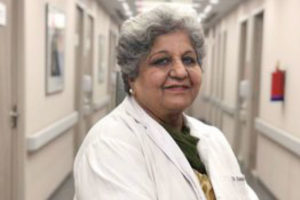
 IVF technology has given a ray of hope to childless couples enabling them to have their own biological child. With cutting-edge equipment and dedicated lab personnel, the technology ensures better clinical results, says Dr Sonia Malik, Programme Director IVF, Max Healthcare, in an interview with Elets News Network (ENN).
IVF technology has given a ray of hope to childless couples enabling them to have their own biological child. With cutting-edge equipment and dedicated lab personnel, the technology ensures better clinical results, says Dr Sonia Malik, Programme Director IVF, Max Healthcare, in an interview with Elets News Network (ENN).
Q How is reproductive medicine proving to be a boon for the couples who long for their own biological child?

The development of this branch of medicine has led to more awareness about infertility issues, better diagnosis, and treatment. Even though the success rate of IVF is 30 to 40 percent, it translates into a huge number. IVF technology is a boon for the couples who would not have been able to have their own biological children 30 years ago.
Q Tell us about latest trends and practices in reproductive medicine segment. How is Max Healthcare contributing in IVF segment?
Initially, reproductive medicine was initiated to help infertile couples. However, as we delved more into the intricacies of reproduction, we developed a better understanding of the process. It can now be extended to anyone who desires help.

For instance, today women can reproduce whenever they decide to and that is because of fertility preservation facility. This is called social egg freezing.
The same can also be offered to cancer patients. Similarly, we can now detect any faults in the embryos before we transfer them. This is called pre-implantation genetic screening. Embryos can also be implanted in the uterus by laser hatching.
All these cutting-edge technologies are available at our center.
Q Shed some light on how does whole process of IVF take place in the lab. Tell us about the role of diagnostic equipment in whole process.
The IVF lab should be looked at with sanctity because it is here that we are creating life. It is very important to have excellent and dedicated lab personnel (called embryologist).
The eggs that are taken out from the body of the woman are mixed with the sperms of the man (called IVF) or injected into each egg (called Intra cytoplasmic sperm injection or ICSI). An embryo forms after fusion of sperm and egg.
These embryos are then transferred back into the uterus of the woman. It is therefore of utmost importance to maintain strict vigilance and ensure quality within the lab. If there are any lapses at any stages, it may lead to formation of bad embryos or no embryo at all.
Cutting-edge equipment can not only diagnose, but also help to give better results and minimise errors in a lab.
Our lab observes strict quality control by having both internal and external audits. We are NABH accredited and observe international standards in all our protocols and use latest technology for doing so.
Q In India, the percentage of people availing IVF treatment is still very low. What could be the possible reasons for the same like costly treatment and lack of legal framework?
This is also because of lack of availability of such services in small towns and cities. According to unpublished data from ICMR, India has around 900 registered IVF clinics across country. But unfortunately maximum (80 percent) are in the metros. Hence services and appropriate treatments are not available to all.
Q How do you see the role of health insurance in IVF segment? Will the insurance coverage help couple to seek the medical treatment?
Health insurance will make things better for many but it will take time for people to accept health insurance per se.
In tier two-three cities, there is lesser number of people having insurance coverage. Hopefully, this will improve with awareness.
Overall, the status of reproductive medicine in the country is improving. Regulation is need of the hour to streamline the whole process.
Be a part of Elets Collaborative Initiatives. Join Us for Upcoming Events and explore business opportunities. Like us on Facebook , connect with us on LinkedIn and follow us on Twitter , Instagram.












